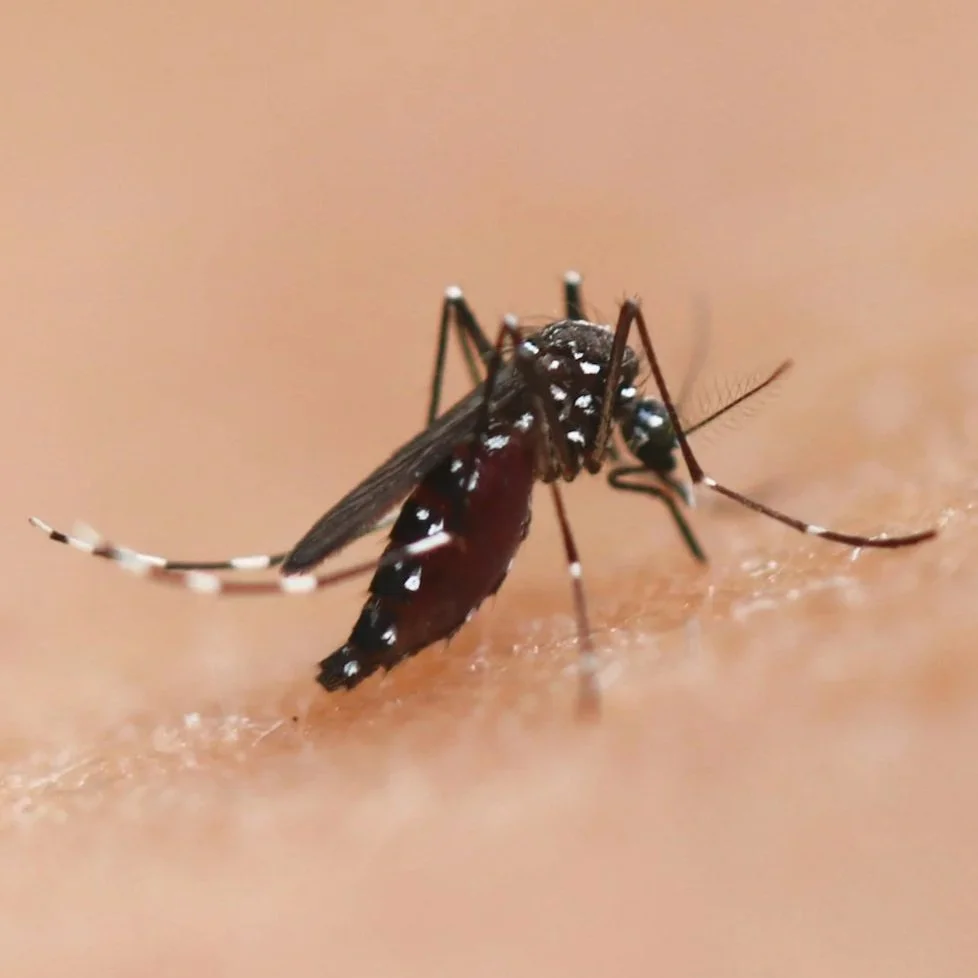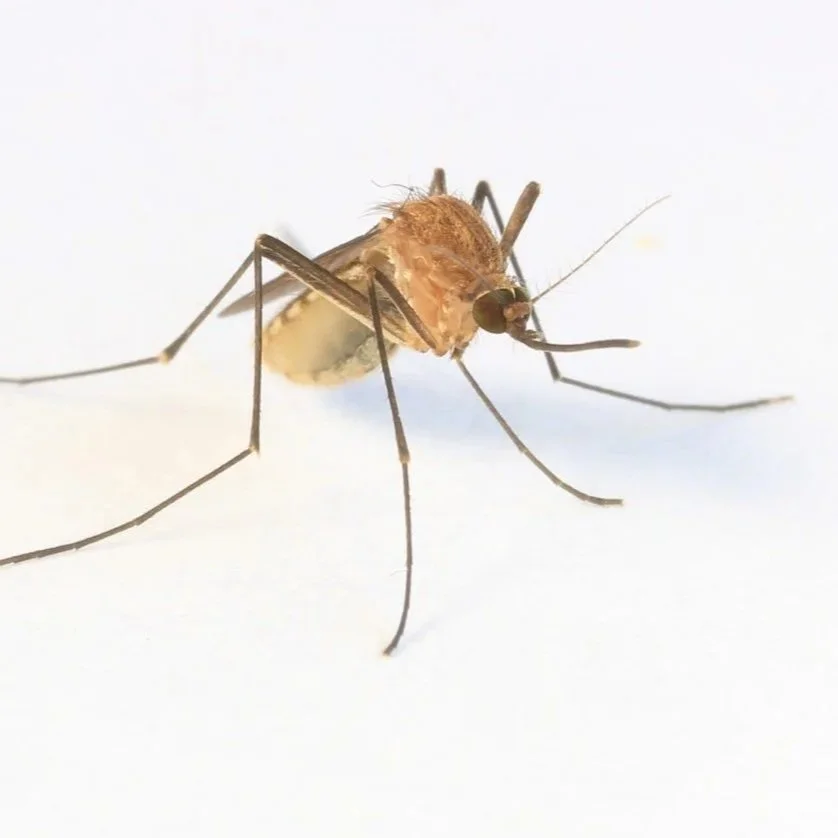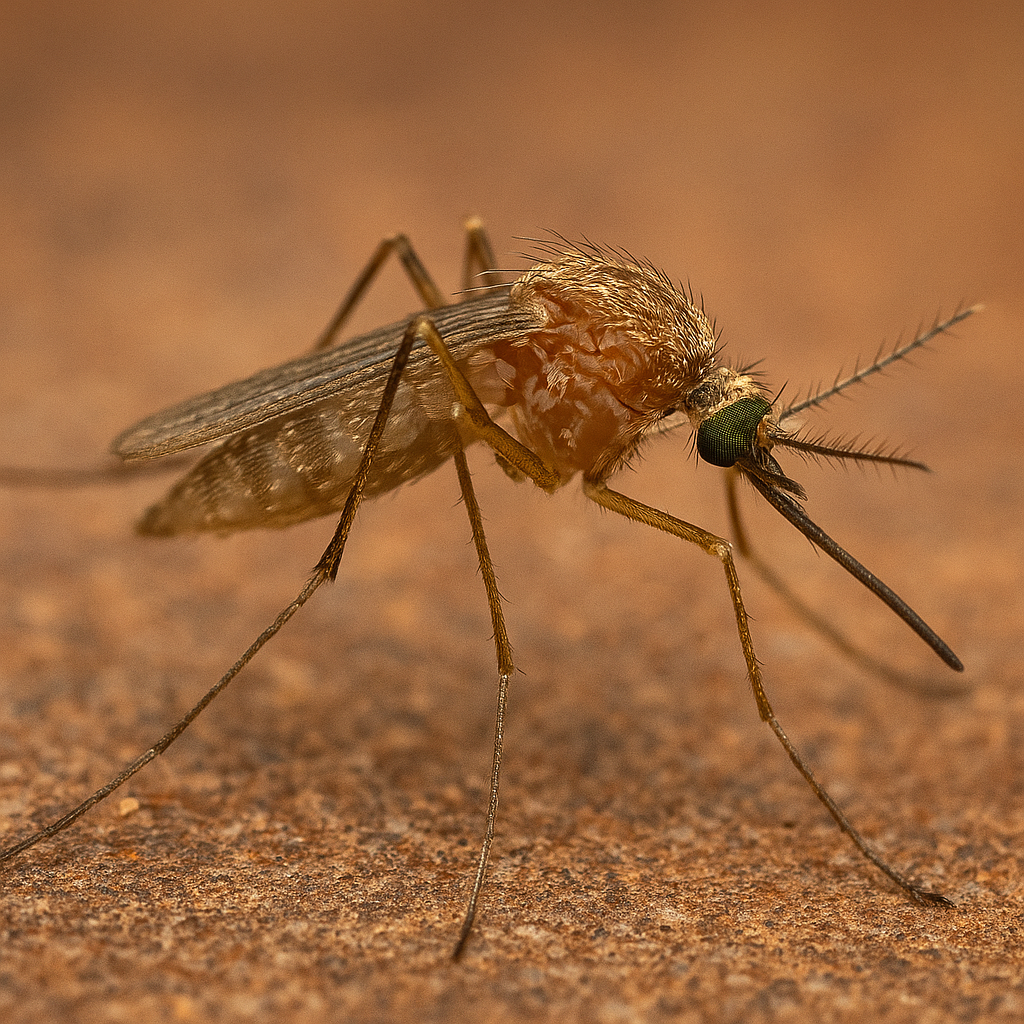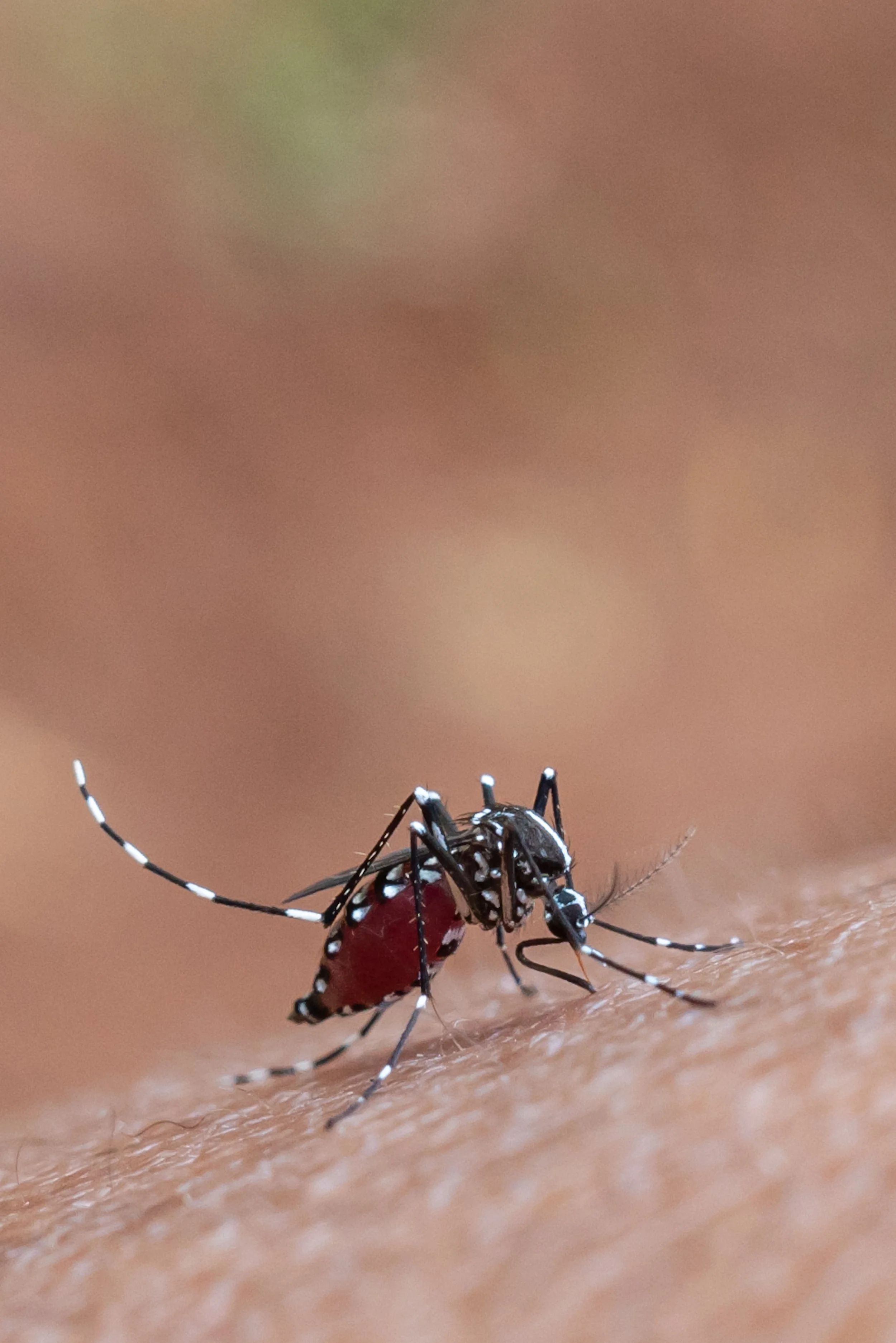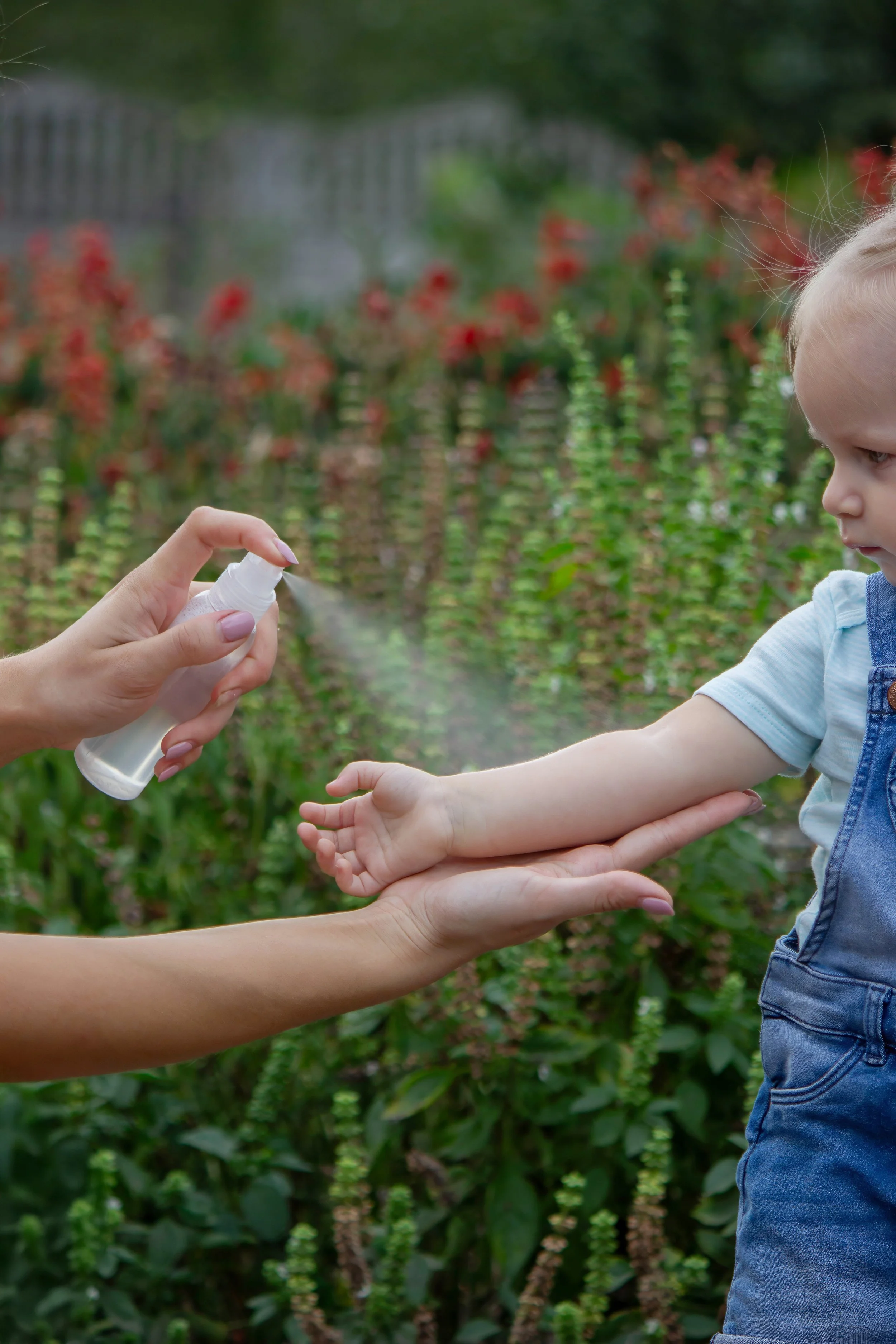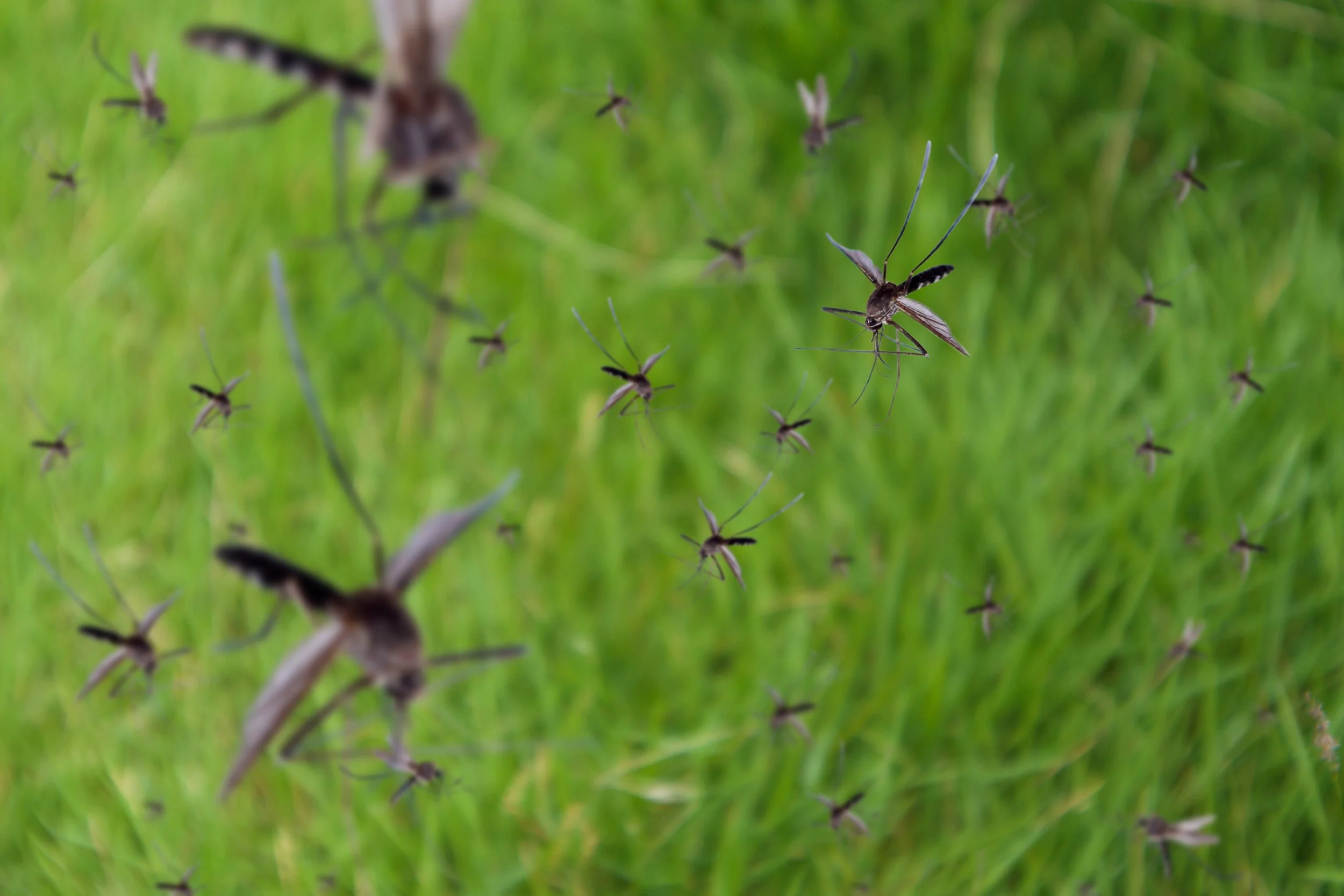
Mosquitoes in North Texas
Mosquitoes aren’t just a nuisance—they’re one of the most dangerous pests in the world. Here in North Texas, warm temperatures and humid summers make our region a mosquito hot spot. Whether you’re enjoying a backyard BBQ, watching your kids play outside, or just trying to relax on your porch, mosquitoes can ruin the moment fast. Worse yet, they carry diseases that put your family and pets at risk.
Pure Grit Pest Control provides professional mosquito treatments that keep your yard comfortable, safe, and bite-free.
Common types of mosquitoes in north texas
-
Appearance: Small, dark mosquitoes with white markings on their legs.
Risks: Known to spread diseases like Zika, dengue, and chikungunya.
Where Found: Around homes in containers that hold water (bird baths, buckets, clogged gutters).
-
Appearance: Brownish mosquitoes with blunt tips on their abdomens.
Risks: Primary carriers of West Nile virus in Texas.
Where Found: Breed in stagnant water—ditches, storm drains, ponds.
-
Appearance: Stand with their abdomens sticking up in the air.
Risks: Can transmit malaria in some regions, though less common in the U.S.
Where Found: Prefer clean, slow-moving water like ponds or marshy areas.
Why Mosquitoes are a problem
Health Risks: Carry West Nile virus, Zika virus, and other harmful diseases.
Biting & Itching: Their bites cause red, itchy welts that make being outdoors miserable.
Pet Safety: Mosquitoes spread heartworm disease to dogs and cats.
Fast Breeding: Just a few ounces of water can produce hundreds of mosquitoes in days.
Signs of an Mosquito problem
Swarms of mosquitoes at dusk and dawn.
Multiple itchy bites after spending time outdoors.
Mosquito larvae (tiny wrigglers) visible in standing water.
Dogs or cats testing positive for heartworms.
Why Mosquitoes are so common in north texas
Our hot summers, mild winters, and frequent rainfall provide perfect breeding conditions. Stagnant water—from puddles to clogged gutters—gives mosquitoes endless opportunities to multiply. Peak season runs from April through October, but in North Texas, mosquitoes can be active nearly year-round.
Pure Grit Pest Control’s Approach
We know every yard is different, which is why our treatments are designed to be targeted and effective:
Inspect – Identify breeding sites and mosquito hotspots.
Treat – Apply safe, long-lasting treatments to shrubs, shaded areas, and resting sites.
Protect – Reduce mosquito populations with recurring monthly or semi-monthly services.
Our treatments are family- and pet-safe and significantly reduce mosquito activity so you can enjoy your outdoor spaces again.
Prevention Tips
Don’t let mosquitoes chase you inside. If you’re searching for mosquito control in North Texas, mosquito treatment in Fort Worth, or mosquito yard spray near me, Pure Grit Pest Control has you covered.
👉 Call today to schedule your mosquito service and take back your yard—bite-free.
Remove standing water (buckets, bird baths, tires, flower pots).
Keep gutters clean and draining properly.
Trim shrubs and tall grass where mosquitoes rest.
Use fans on patios—mosquitoes are weak flyers.
FAQs
〰️
FAQs 〰️
-
Our mosquito treatments provide protection for about 30 days. For best results, we recommend monthly treatments during peak season. Those with a more severe mosquito problem may benefit from a semi-monthly treatment.
-
Yes. Our treatments are designed to be family- and pet-safe while targeting mosquitoes where they live and breed.
-
DIY sprays and home remedies may provide temporary relief but don’t address breeding sites. Professional treatments reduce populations long-term.
